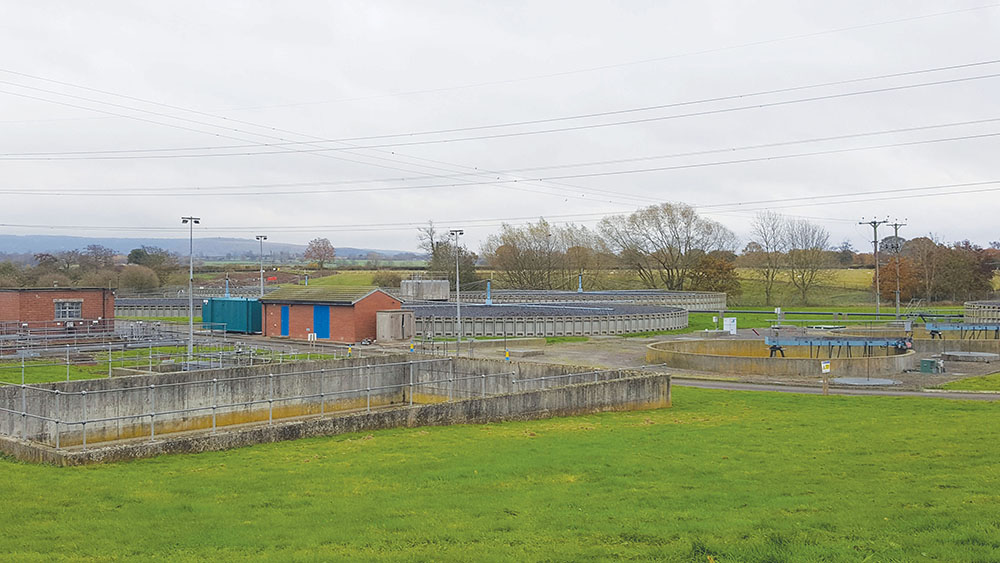Yorkshire Water is starting two schemes of investment worth £7.7m at two wastewater treatment works (WwTW) in North Yorkshire.
The company is spending £5.2m at Thirsk and £2.5m at Bedale Wastewater Treatment Works to improve the quality of water returned to the local water courses, Bedale Beck and Cod Beck, after treatment.
The spend is part of a £70m investment from Yorkshire Water to improve 196km of water courses across the county to meet new environmental targets on phosphorus removal.
Phosphorus is an essential nutrient for plant growth but when a water body becomes overly enriched it can lead to excessive plant and algae growth that can lead to oxygen depletion in water.
Yorkshire Water Communications Advisor Mark Allsop said “This work will build on Yorkshire Water’s vision for Taking Responsibility for the Water Environment for Good. We’re committed to doing everything we can to improve our local environment and by completing this work we’ll exceed our target to reduce phosphorus and ensure the water we return to the environment is of the highest quality and deliver significant environmental benefits, and in particular to aquatic life.”
A further £2.3 million scheme is already under way to lay a new sewer pipe from Bagby to Thirsk WwTW which will also help improve the quality of the water in Cod Beck as Bagby WwTW is decommissioned.
The company is investing £70 million pounds to improve the water it returns to the environment from 16 of its waste water treatment works to meet new environmental targets on phosphorus removal. Phosphorus is a normal part of domestic sewage and is naturally contained in soil. Many household products such as shampoo, washing powders and washing up liquid contain phosphorus.
The amount of phosphorus has become a measure of how good our rivers and water courses are as part of the Water Framework Directive. Phosphorus can also wash off from agricultural fields after the use of fertilisers and be dissolved from soil which can be difficult to control.
The company is advising customers that during this work customers water and waste water services won’t be affected, and they won’t need access into their home. Customers should always ask for identification before letting anyone in to their home or premises.



